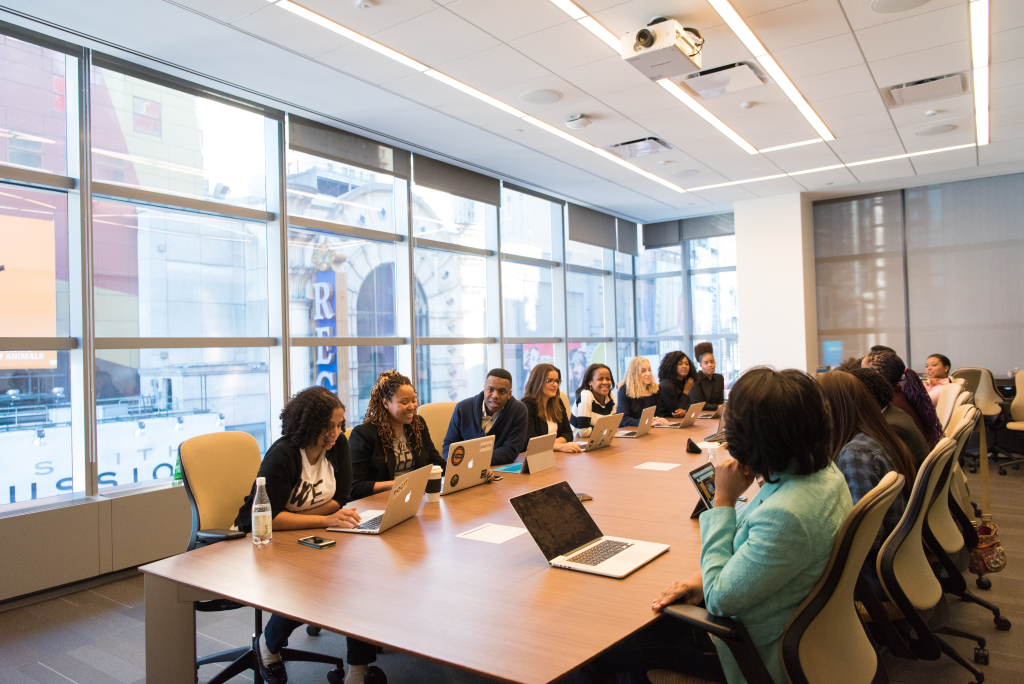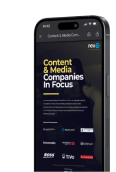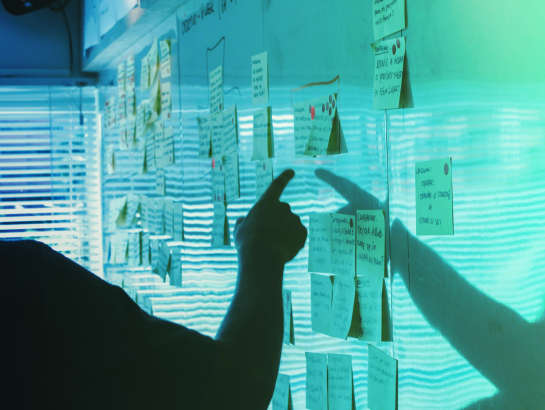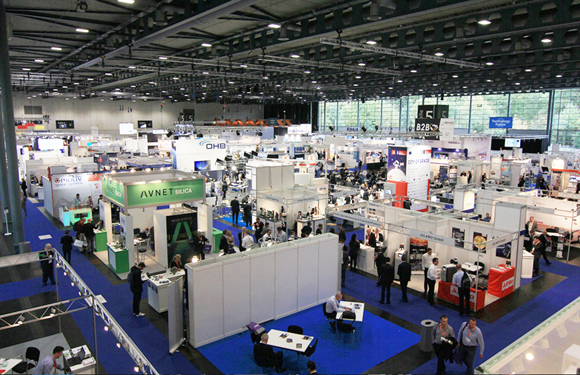On Episode 53 of The Tech That Connects Us Tegan Valeny and Tim Meredith were joined by Carrie Wooton Managing Director at Rise – a group for Women in Broadcast.
With over 20 years of experience in the industry and being number 9 on TVB Europe’s The Watch List for 2021, Carrie is changing the Media Broadcast Industry!
We take a deep dive into issues surrounding Diversity, Inclusion and all that comes alongside. Read on for a few of Carrie’s insights into this topic.
How can we all be encouraging young talent into the industry? It’s got to start at a grassroots level. How can we all be addressing this?
“It’s through exactly that, we’ve got to be spending time going into schools without a doubt. Individually and also collectively. As organisations make their commitments to diversity they have to allow staff to have the time to go into schools and work with, sponsor and champion these young people.
We’ve worked with over 400 children in a three week period with our workshops, so let’s say 50% of them were interested. So we’re talking about creating a funnel and we have to commit to investing in those young people whether it’s going in to talk to them about job opportunities and pathways.
The great thing is we live in a hybrid world, so it doesn’t always need to be face to face. Schools are crying out for workshops like this. They need engagement from us as an industry. So, company leaders need to make sure teams have time to go in and work with schools. But also have commitments to sponsor young people who are perhaps in lower socioeconomic areas and might not have the funding to come to London for a job, interview, workshop or event. But make those commitments. The opportunity is there, the possibility is there, and we can make it happen, we can change the dial without a doubt.”
“The opportunity is there, the possibility is there, and we can make it happen, we can change the dial without a doubt.”
What other recommendations would you give to these senior leaders as they build teams, as they recruit, as they seek to make their teams diverse and inclusive?
“There are so many different things aren’t there? It’s about making sure that your recruitment process as a whole is fair and transparent. It’s about making sure that those processes also have diversity in them and that you go out to diverse communities with those job adverts. You also need to ensure that your HR teams are doing that, and not just going to the same usual places. One thing we’ve done is launch our own job board at Rise. Which has been brilliant, and it’s an amazing place to make sure you’re reaching a diverse community.
Working with schools as I’ve already mentioned and with this for leaders, it’s all about the proof is in the pudding. As the leader are you going to be the one going into the school? Are you going to do it yourself because you feel passionate about the change you want to see in the industry? I don’t think as senior leaders you can say to your teams to go out if you’re not willing to step up and do it yourself. There has to be a demonstration of that commitment.
One of the most simple things companies can do is make sure that gender diversity and ethnic diversity is represented on their website. If you don’t do this then how are people going to feel like this is an inclusive place to work in.
From policies and procedures through to their recruitment processes through to their commitment to diversity, ensure the younger generation understands that there’s a pathway available to them.
It’s also important that you as a company are committed to investing in them and ensuring their talent and expertise, which might not always be academic but to make sure that they know and that they feel invested in.
We know that diversity improves the bottom line, there’s so much research behind that. We also know that diversity improves product innovation and the innovation cycle. Therefore that investment is going to come back to you as a company and your bottom line.”

What would you say to people suffering from imposter syndrome or potentially thinks that an industry isn’t for them because they can’t see other people like themselves in it?
“There’s so much we need to do around this. In our leadership report, we released last week 75% of those senior leaders did say that they experience imposter syndrome. What imposter syndrome does is it impacts your confidence which in turn impacts your internal dialogue to make you think about whether you should be going for that job and whether you can actually make a difference or not.
It takes leaders and teams to understand that people experience imposter syndrome. There has to be an inclusive culture within the organisation that allows people no matter their gender or ethnicity to be comfortable to speak up about their imposter syndrome.
A good solution for this would be mentors, whether they’re formal or informal mentors, we know the value of those and the impact they can have on your confidence and therefore your imposter syndrome. We see that within the mentees too, not just having a mentor but having a group of women that you work with every year, who have your back, champion you and talk things through with you.
There are tools and techniques to help you through imposter syndrome, but underlying all the tools is confidence. The confidence comes through working in a supportive and inclusive environment. We can also manage our internal dialogue, ‘what does it mean? and what is the fear that underlines that?’.”
Every Wednesday we sit down with some of the biggest names in our industry, we dedicate our podcast to the stories of leaders in the technologies industries that bring us closer together. Follow the link here to see some of our latest episodes and don’t forget to subscribe.


